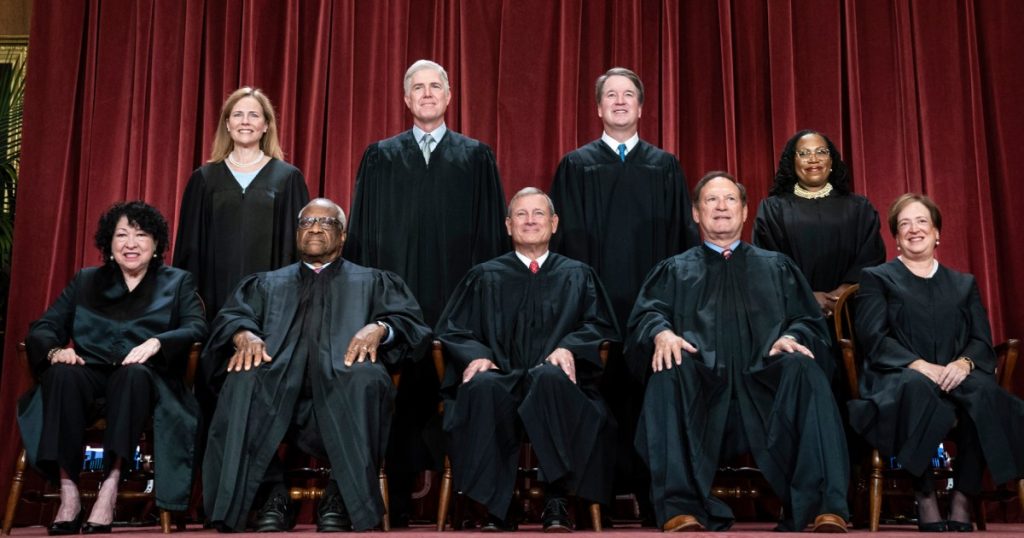The U.S. Supreme Court declined to hear a case brought by three parents challenging a Maryland school district’s policy against informing parents if their children identify as transgender or gender-nonforming. The policy, adopted by the Montgomery County Board of Education for the 2020-2021 school year, allowed schools to develop gender support plans for students to ensure they feel comfortable expressing their gender identity. This policy directed school personnel to help transgender and gender nonconforming students create plans that include preferred pronouns, names, and bathroom usage, without informing parents without the student’s consent.
The parents, represented by the National Legal Foundation, argued that the district’s policy violated their due process rights under the 14th Amendment to direct the care of their children. U.S. District Judge Paul Grimm dismissed the case in 2022, and the 4th U.S. Circuit Court of Appeals upheld the dismissal in 2023, citing the lack of allegations that the children in question identified as transgender and that the parents lacked standing to pursue their claims. The appeal to the Supreme Court argued that the 4th Circuit’s ruling conflicted with legal precedent on standing and requested a determination on whether the school policy violated their parental rights.
The policy at the center of the case reflects the broader cultural debate around transgender rights and the balance between parental involvement and student confidentiality. The school district maintained that the policy was designed to create a safe and welcoming environment for all students, where they feel accepted and supported. While encouraging parental involvement whenever possible, the policy acknowledged that some students may not feel comfortable expressing their gender identity at home due to safety or acceptance concerns.
In his opinion for the majority, Judge A. Marvin Quattlebaum noted the lack of specific facts related to the children’s gender identity or support plans in the case, which led to the conclusion that the parents were essentially expressing a policy disagreement rather than a legal claim. Quattlebaum emphasized that such disputes should be addressed through elected policymakers rather than through the courts. The parents argued that the issue of parental rights in such cases is important and widespread, affecting families and school districts across the country.
The denial of the Supreme Court to hear the case means that the lower court’s ruling stands, and the school district’s policy remains in effect. The decision not only affects the parents involved in this particular case but also has broader implications for how schools navigate issues related to transgender students, parental rights, and student support. The debate over these policies is likely to continue as schools strive to create inclusive and supportive environments while also respecting the rights and involvement of parents in their children’s education.


